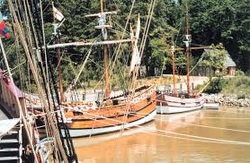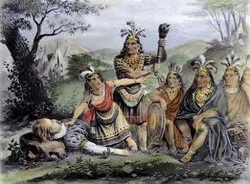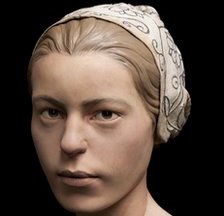
James Fort, founded in 1607, was the earliest part of the Jamestown colony. In the winter of 1609, known as the Starving Time, 300 English settlers waited for supplies. During one of the most horrific periods of early colonial history, the indigenous Indian population held the settlers under siege. With insufficient food to last the winter, they ate their horses, then dogs, cats, rats, mice and snakes. Some, to satisfy their cruel hunger, ate the leather of their shoes. Nothing was spared to maintain life.

The original inhabitants, the Indians, were defending their great land from invasion. That is understandable. We would all do the same right now. Around 14,000 native inhabitants known as the Paspahegh tribe, initially welcomed the colonists with dancing, feasting and tobacco ceremonies. The relationship soured after they had provided crucial provisions and support for the survival of the colonists, who were not agriculturally inclined.

The breakdown with the Indians led to the total annihilation of the Paspahegh in warfare within 3 years.
The immigrants are not accused of murder for food, but of taking advantage of the circumstances. Experts can't tell how many of the growing numbers of dead were cannibalized. But the girl would not have been the only target.
Faced with the same circumstances, I don't know how I'd cope. Only young, fit people would have braved the journey, so I wouldn't be there. Is survival important enough to eat the flesh of those you once loved? How could the survivors face God? And what of the karmic repercussions? Would that memory linger on through further lives?

 RSS Feed
RSS Feed






